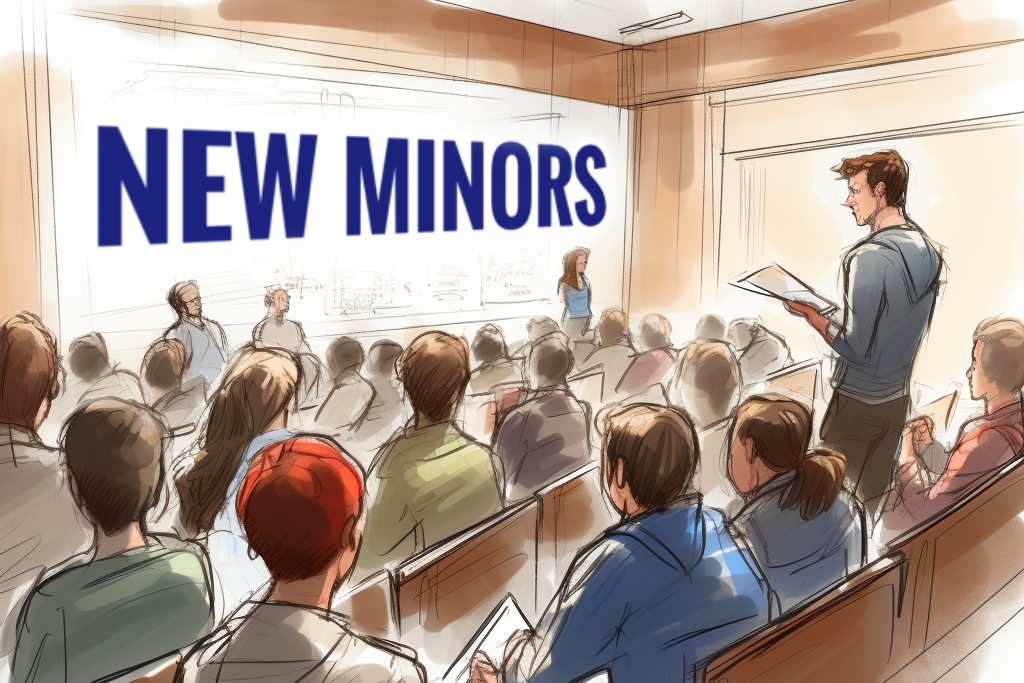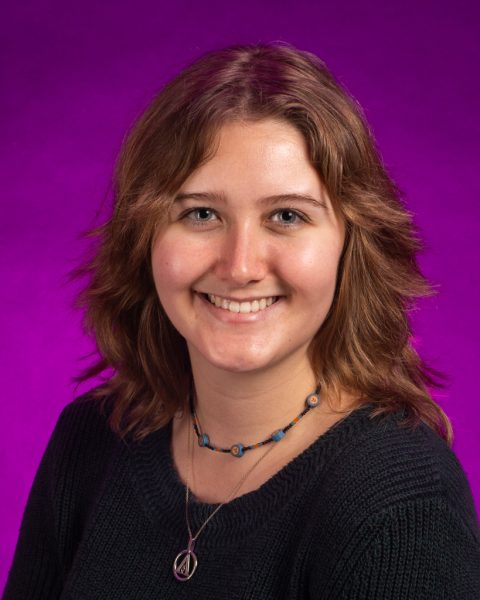Four new minors are offered starting this semester at San Francisco State University. Prison reentry studies, juvenile justice, entrepreneurship and creative writing can complement any major with an interest or even a bonus to major curriculums.
Juvenile justice and prison reentry studies are two new minors under the Criminal Justice Studies department that can be paired with any major.
According to Elizabeth Brown, the criminal justice department chair, both minors are lined with current and local events happening in San Francisco.
“The prison reentry studies is actually a project between our department and Project Rebound,” Brown said. “There’s been realignment that’s been going on in California. So we have a ton of people who are leaving incarceration and going back into the community.”
Prison Reentry Studies focuses on the transition from prison to society. It also educates students who are taking these classes about the prison crisis.
These classes are also mostly taught by formerly incarcerated people.
“It’s really thinking about the growth in the reentry complex,” Brown said. “There’s a ton of, not just nonprofit organizations, but also corporations that are really involved within monitoring and surveilling the lives, and so really understanding what people are experiencing when they’re coming out of prison, what kind of support they need and trying to create those supports within that community as well.”
The juvenile justice minor is focused on the reform of the juvenile justice system.
According to Brown, the juvenile justice minor is geared toward individual care and can focus on different aspects like housing, food and other necessities.
“The juvenile system is much more oriented toward, an individualized program of care, so it can mean all sorts of things,” Brown said. “A lot of young people are doing quote-unquote crimes for their survival.”
Brown says the goal is to keep young people in the community and to help them understand what each young person needs.
“The juvenile justice minors kind of gives you a sense of that history,” Brown said. “A sense of why that history has developed and then what people are doing now to really transform the lives of youth in ways that keep them away from that system.”
Students can also now choose to minor in entrepreneurship.
Sybil Yang, a professor at SFSU, is running and executing this new project.
“There’s probably a very condensed set of business skills and ideas that you need to really quickly evaluate whether you want to, or if you can turn your passion into a business or startup, and that’s what the minor is there for,” Yang said. “It’s the bare bones business stuff for non-business majors to figure out how to turn what they’re good at, what they love, in their existence, into a business [and] into a commercializable product.”
According to Yang, the Lam Family College Of Business has wanted this minor for a long time. There once was a minor in entrepreneurship, but it faded away due to a lack of interest.
There is also an added benefit of minoring in entrepreneurship of getting after-hours access to the new innovation hub in HUM 125, which will open later in the fall. This hub offers a space for students to brainstorm, work and meet with their peers.
“If you don’t have your idea yet, you’re like, ‘oh, maybe I want to invent something right?’ Or ‘maybe I want to join a startup after I graduate, but I kind of don’t know what the atmosphere is like or what the expectations are of a startup,’” Yang said. “Or you’re thinking maybe ‘I want to go into business for myself, but I’m not quite sure how to do it.’ That’s what the minor is there for.”
The creative writing minor is 18 units and can fit with any major. This minor is made for students who have an interest in creative writing but don’t want to change their major.
Andrew Joron, the creative writing department chair, and the rest of the creative writing department worked together on getting this minor up and running.
“We have people, non-majors, taking our creative writing classes and they don’t want to let it go,” Joron said. “And yet, they don’t want to change their major either. So this is like a good in-between compromise, to fulfill that need.”
According to Joron, the creative writing minor creates new literature, making it different from a minor in English.
“We don’t study literature, we practice writing so we’re generating new literature. The English department studies old literature or literature that’s already been written by other people,” Joron said. “Since we’re an arts program, we’re generative, we create new literature from nothing.”









